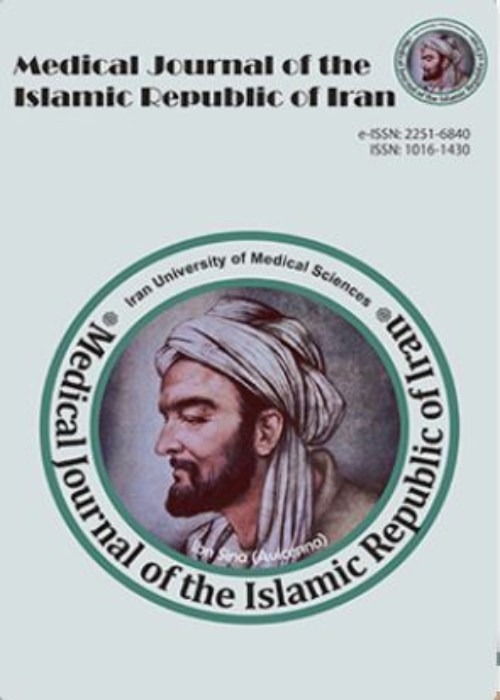The relationship between social capital components and control of type 2 diabetes: A path analysis model
Author(s):
Abstract:
Background
Social capital is an important interpersonal organizational resource that may affect health behaviors and seems to be an important factor in chronic diseases. Considering the lack of evidence on this topic, in the present study, we aimed at investigating the association between components of social capital, socioeconomic condition, and controlling Type 2 diabetes mellitus in Iran.Methods
This study was conducted on 300 patients with Type 2 diabetes in Tehran, Iran. In this study, simple random sampling method was used for data collection. Path analysis model was used to examine the potential association between social capital components and to determine the factors that control Type 2 diabetes.Results
In the present study, most of the participants were female (70.7%) and married (78.7%). Path coefficients were calculated by a series of multiple regression analyses based on the conceptual model. The final model had a proper fit with Chi-square = 2.08 (DF = 1, P = 0.049), GFI = 0.542, AGFI = 0.915, NFI = 0.228, RFI = 0.284, IFI = 0.299, TLI = 0.292, CFI = 0.219, and RMSEA = 0.033. The Groups and networks (network) (β = 0.051, p = 0.036) and trust and solidarity (β = -0.018, p = 0.028) had a direct positive and negative effect on HbA1C, respectively. The results also revealed that education levels had a direct positive effect on groups and networks (network) (β = 0.118, p = 0.036), trust and solidarity (β = 0.082, p = 0.007), information and communication (β = 0.037, p = 0.027), and contribution in team works and public activities (β = 0.064, p = 0.003). In addition, education levels had an indirect positive effect on HbA1C through their effect on groups and networks (network), trust and solidarity, and information and communication.Conclusion
Social capital has a significant relationship with diabetes. Although it was not specified clearly which components of social capital were associated with diabetes, trust and solidarity showed a negative direct effect on HbA1C, respectively. Therefore, developing and implementing local and collective programs to build trust and increase the standards of social trust in patients with diabetes can be effective in controlling HbA1C.Keywords:
Language:
English
Published:
Medical Journal Of the Islamic Republic of Iran, Volume:31 Issue: 1, Winter 2017
Pages:
119 to 123
magiran.com/p1705819
دانلود و مطالعه متن این مقاله با یکی از روشهای زیر امکان پذیر است:
اشتراک شخصی
با عضویت و پرداخت آنلاین حق اشتراک یکساله به مبلغ 1,390,000ريال میتوانید 70 عنوان مطلب دانلود کنید!
اشتراک سازمانی
به کتابخانه دانشگاه یا محل کار خود پیشنهاد کنید تا اشتراک سازمانی این پایگاه را برای دسترسی نامحدود همه کاربران به متن مطالب تهیه نمایند!
توجه!
- حق عضویت دریافتی صرف حمایت از نشریات عضو و نگهداری، تکمیل و توسعه مگیران میشود.
- پرداخت حق اشتراک و دانلود مقالات اجازه بازنشر آن در سایر رسانههای چاپی و دیجیتال را به کاربر نمیدهد.
In order to view content subscription is required
Personal subscription
Subscribe magiran.com for 70 € euros via PayPal and download 70 articles during a year.
Organization subscription
Please contact us to subscribe your university or library for unlimited access!



